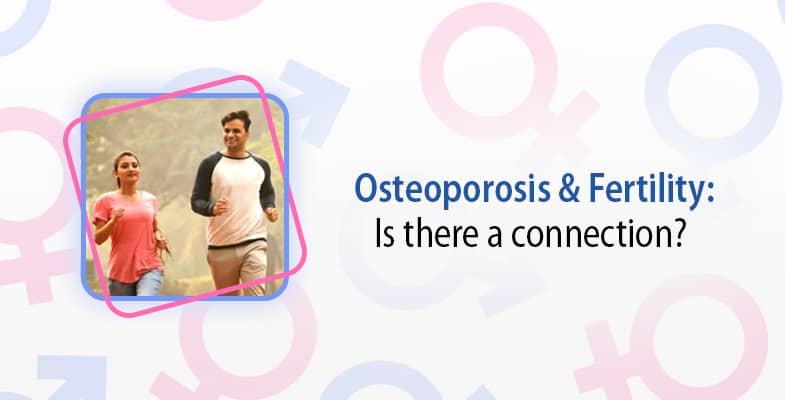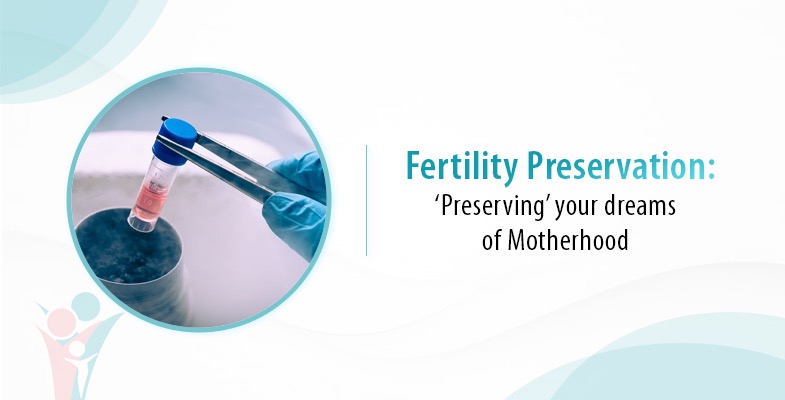
Does fertility age? Unfortunately, yes. And it ages faster for women than for men.
Swati, a high-flying executive in a bank, got married to colleague and friend Vinayak when she was 28. Extremely good at her work and identified by her bank as one for greater responsibilities, Swati found herself moving up the ladder fast. As career took precedence, motherhood had to be put on hold for a while, and Vinayak stood by her decision. When just past 35, a friend advised Swati not to delay her pregnancy any more. But, when she did not conceive even after a year of trying, she began getting worried and approached an infertility specialist.
Advanced maternal age refers to pregnancy in a woman above 35 years of age. A woman is born with a set number of eggs that grow lesser with age. At ovulation during each menstrual cycle one egg is released by the ovary. A woman is at her most fertile between 20 and 30 years of age. Post 35, with both the number and quality of eggs deteriorating, chances of a normal pregnancy also reduce, while the risk factors associated with pregnancy increase.
Why does normal pregnancy become difficult for a woman post 35?
A number of factors can be responsible for this.
- Declining number of eggs. With less eggs, fertility also begins to decrease rapidly.
- The eggs you have are more likely to have chromosomal defects. This decreases chances of fertilization and increases risk of miscarriage and birth defects.
- With age myriad other health conditions can become factors to be concerned about – diabetes, hypertension, etc.
What are the risks associated with Advanced Maternal Age?
An older mother-to-be is more likely to have health risks associated with pregnancy, which may include:
- Gestational diabetes: A temporary condition where the sugar levels of the mother go up. This needs to be tightly monitored and the sugar level kept under control as high levels can lead to a larger baby and birth complications.
- High blood pressure: The risk of hypertension increases with advanced age pregnancy. This, again, needs regular monitoring as it increases risk of premature birth
- Greater risk of premature birth with low weight baby: Which increases risk of complications in the baby
- Risk of chromosomal conditions is higher in the baby: Conditions like Down’s Syndrome are seen more in children born to older mothers
- Chances of miscarriage are more
Be aware, stay healthy
This does not mean that a woman cannot get pregnant post 35. A large number of women do conceive naturally and have healthy pregnancies, but it is important to understand the risks and take the necessary precautions to avoid complications. Talk to your doctor and understand the precautions you need to take. If you are over 35, remember to:
- Go for a preconception consultation to understand the risks and the precautions you need to take
- Take diet counselling to understand what will be most beneficial for you
- Seek help of a physiotherapist to both pre and post pregnancy tips
- Avoid smoking and drinking
- It may be advisable to go for genetic testing
If you are unable to conceive even after trying naturally for six months, it is recommended to visit an infertility specialist. The doctor will run you through tests to understand your medical condition. She may give you some medications to help your ovulation process. If you are unable to conceive naturally even after this, in-vitro fertilization is a safe and effective technique that can help you achieve your dream of parenthood.





